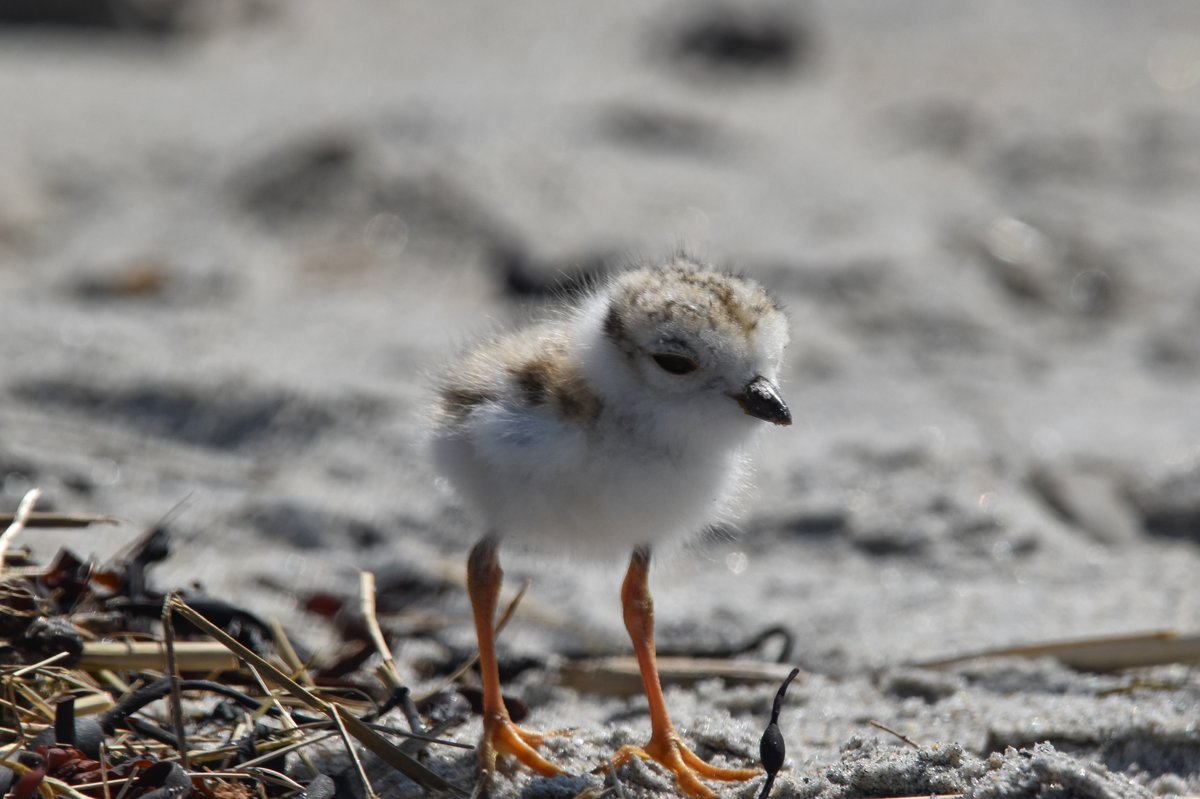The misunderstanding with mindfulness
I remember mindfulness being taught in my middle school drama classes, but I never took it seriously. Sitting on yoga mats in a circle and having someone ask you to think about nothing didn't seem like a formula for success, or at least for me. I’d try to focus on my nothingness, but I would think about how the floor felt, the homework I needed to do, or how hard it is not to think about something. Guided meditations didn’t work either. Visualizing has never been a strong suit of mine, so being asked to picture a happy place or nature scenes left me frustrated when all I could see was black. It felt like the wires got crossed in my brain. I could see nothing, but not think about it, and I knew how to picture the world, just not with my eyes closed. My personal experiences pushed me away from mindfulness. I thought I couldn’t do it and that it just wasn’t for me.
Since then, my opinion of mindfulness has changed a lot, but I still have one problem with it. I’m a firm believer in the concepts, but the marketing around one of the most important and variable aspects of your life is questionable, to say the least. In theory, mindfulness is easily defined—the state of being mindful—but who decides what is or is not mindful? If you look it up, mindfulness is sitting cross-legged with your hands on your knees and closing your eyes. It’s a stock photo of a woman wearing white on the beach watching the sunrise or an out-of-context quote written in cursive on a picture of the sky. I believe that these oversimplified and stereotypical views of mindfulness are doing more harm than good and are pushing others, like myself, away.
Here is my very unofficial philosophy: find an activity you aren’t doing for the serotonin boost or adrenaline rush. Take your mind off the plights of today and worries of tomorrow, and just do something. Mindfulness is not about turning your brain off and finding eternal zen. It’s about taking a moment to slow down, something I failed to realize my first lap around. Find something that holds your attention, and use it to drown out the noise. For me, that usually involves pattern recognition or problem-solving. When the weather permits, and sometimes when it doesn’t, I’ll spend time outside to watch the birds or take a hike. Cooking without a recipe took practice, but I’ve found it can be extremely rewarding once you figure it out. You don’t need a new hobby or hours of time to be mindful, though. Sometimes you only have a few minutes, so take advantage of each and every one. I find time every day to do puzzles and have six that I go through regularly. I don’t use them to build a streak or compete with myself. I genuinely enjoy them, and the routine reminds me to make the time even on the busiest of days.
I want to stress one point in particular: don’t just do what someone else tells you is the right way to practice mindfulness. You don’t need to be stretching on a yoga mat sipping green tea and listening to a motivational podcast to be mindful. I like green tea and reading, and I’ve tried my fair share of yoga and meditation, but I found they didn’t work for me. I didn’t have prior experience birdwatching, but I found the overwhelming amount of information to be oddly comforting. Birdwatching was a mindfulness compromise. Rather than turning my brain off like I thought I needed to, I flooded it with details and forced myself into autopilot just so I could make sense of them. Paradoxically, I discovered that to slow myself down, I need an activity that could keep up with me.
While birdwatching helped me find balance, don’t do it just because it works for me. If you want to listen to music and tune out the world, go for it. If reading transports you to a happy place, go there. If meditation lets you relax, by all means, do it. However, if traditional mindfulness techniques aren’t effective for you, don’t force yourself because someone else says they should be. The activity is not what holds intrinsic value. It’s the balance. Spending hours straight with your nose to the grindstone will burn you out, and putting your work off until the last minute and worrying about it won’t help, either. The most important aspect of mindfulness isn’t getting into a routine or breaking up the workload of your day, it’s doing something that you actually enjoy. If your study breaks aren’t fulfilling you, your mind will wander back and you’ll never truly take a minute off. Instead of doom-scrolling between assignments, slow down for once. I have one final proposition: do something that you enjoy, something that fulfills you, something that makes you think, or care, or truly feel alive. That’s mindfulness.

 Editorial Notebook
Editorial Notebook
 Women's Basketball
Women's Basketball
 Women's Basketball
Women's Basketball